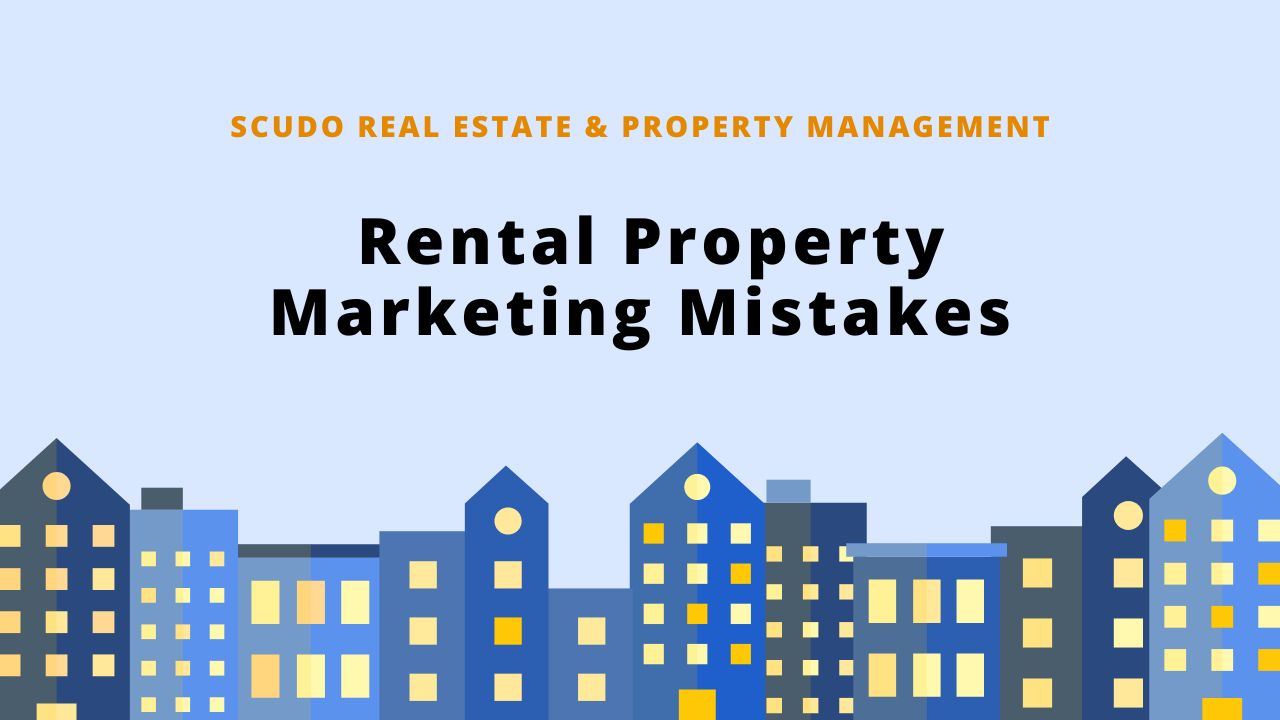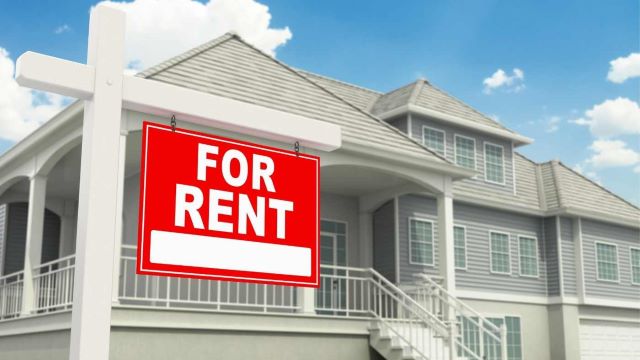 Becoming a first-time landlord can be an exciting and profitable venture, but it also comes with significant responsibilities. This can be a hard task, especially for those new to the rental property market. This article will provide essential tips for first-time landlords to help them navigate the challenges of owning and managing a rental property.
Becoming a first-time landlord can be an exciting and profitable venture, but it also comes with significant responsibilities. This can be a hard task, especially for those new to the rental property market. This article will provide essential tips for first-time landlords to help them navigate the challenges of owning and managing a rental property.
Find Quality Tenants
Finding quality tenants is one of the most important factors for success as a landlord. You want tenants who’ll pay their rent on time, maintain the property, and respect the lease agreement. It's important to conduct thorough background checks and screening processes. This includes checking their credit history, employment status, and criminal records. You can also ask for references from previous landlords to ensure they’ll be responsible tenants. It's also important to have clear and open communication with your tenants. This can help establish a good relationship and ensure that any issues or concerns are addressed promptly. A good tenant-landlord relationship can lead to longer tenancy periods and less tenant turnover.
Conduct Research on Prices for Rental Properties
Before setting a rental price for your property, it's important to research the rental prices in your area. This can help you set a competitive price that will attract tenants while still making a profit. You can do this by looking at similar rental properties in your area and checking their prices.  Consider factors such as the condition of your property, any upgrades or renovations you've made, and the amenities or services you're offering. Be realistic, as overpricing can lead to longer vacancy periods and potentially attract lower-quality tenants.
Consider factors such as the condition of your property, any upgrades or renovations you've made, and the amenities or services you're offering. Be realistic, as overpricing can lead to longer vacancy periods and potentially attract lower-quality tenants.
Invest in Marketing Your Available Units
Marketing your available units is an essential part of attracting quality tenants. This includes taking quality photos of your property, writing compelling property listings, and listing your property on reputable rental websites. You can also use social media platforms and local classified ads to reach a wider audience. It's important to highlight the features and amenities of your property and differentiate it from other rental properties in the area. This can attract potential tenants and quickly increase the likelihood of finding quality tenants. Investing in marketing can also save you money in the long run by reducing vacancy periods and avoiding potential tenant turnover.
Create and Follow a Tenant Screening Process
An effective tenant screening process ensures that you only rent to quality tenants. This includes collecting a rental application and conducting background checks. It's important to have a clear and consistent screening process to ensure that all potential tenants are treated fairly and equally. This can help avoid any accusations of discrimination or bias. Landlords should document the screening process and keep all applicant information confidential and secure.
Have a Written Rental Agreement
A written rental agreement is a legally binding document that outlines the terms and conditions of the rental agreement.  It helps to avoid any misunderstandings or disputes between you and your tenant. The rental agreement should include details such as the rental price, lease duration, security deposit, and any rules or restrictions for the property. All terms and conditions should be clear and easily understood by both parties. Do a walk-through with your tenant to clearly overview the condition of the property prior to them moving in.
It helps to avoid any misunderstandings or disputes between you and your tenant. The rental agreement should include details such as the rental price, lease duration, security deposit, and any rules or restrictions for the property. All terms and conditions should be clear and easily understood by both parties. Do a walk-through with your tenant to clearly overview the condition of the property prior to them moving in.
Plan for Taxes
As a landlord, you must pay taxes on your rental income. Research and understand the tax laws in your area. Keep accurate and detailed records of all rental income and expenses to make tax filing easier and ensure that you're paying the correct amount of taxes. Consider consulting with a tax professional to ensure you follow all the necessary tax laws and regulations.
Know the Housing Laws in Your Area
As a landlord, it's important to understand the housing laws in your area to ensure that you're following all the necessary regulations. These laws can include requirements for rental properties, such as safety codes and zoning regulations. You also need to understand your rights and responsibilities as a landlord, such as providing a safe and habitable living space and handling maintenance issues and repairs promptly. These housing laws and regulations help ensure you provide tenants with a safe and comfortable living space.
Don't Expect Profits Immediately
Owning a rental property can be profitable, but it's important to understand that it may take time to see a return on your investment. You may need to invest money in upgrades or renovations, and it may take time to find quality tenants and establish a consistent rental income. You should have a realistic financial plan and budget for expenses such as mortgage payments, property taxes, maintenance costs, periods of vacancy, and unexpected expenditures. A solid financial plan can help you avoid financial stress and ensure long-term success as a landlord.
You should have a realistic financial plan and budget for expenses such as mortgage payments, property taxes, maintenance costs, periods of vacancy, and unexpected expenditures. A solid financial plan can help you avoid financial stress and ensure long-term success as a landlord.
Be Clear About Lease Violations
Have clear rules and regulations in your rental agreement regarding lease violations, such as late rent payments or property damage. It's also important to communicate these rules to your tenants and enforce them consistently.This will help avoid potential disputes or misunderstandings with your tenants. Landlords should handle lease violations promptly and professionally to protect the property and maintain a positive tenant-landlord relationship.
Get the Right Insurance
As a landlord, having the right insurance coverage to protect your property and finances is important. This includes liability insurance, which can cover you if a tenant or guest is injured on your property. Landlords should also consider landlord insurance, which provides additional coverage for landlords, such as loss of rental income and legal fees. The right insurance coverage protects yourself and your property from potential risks and ensures you're financially secure as a landlord.
Conclusion
Becoming a first-time landlord can be an exciting and profitable venture, but it requires careful planning and management. By finding quality tenants, setting a competitive rental price, investing in marketing, understanding housing laws, and getting the right insurance coverage, you can ensure long-term success as a landlord.SCUDO Property Management can help property owners with these tasks and more. By working with us, property owners can enjoy the benefits of owning a rental property without the stress and hassle of managing it themselves. Contact us today to get started!

